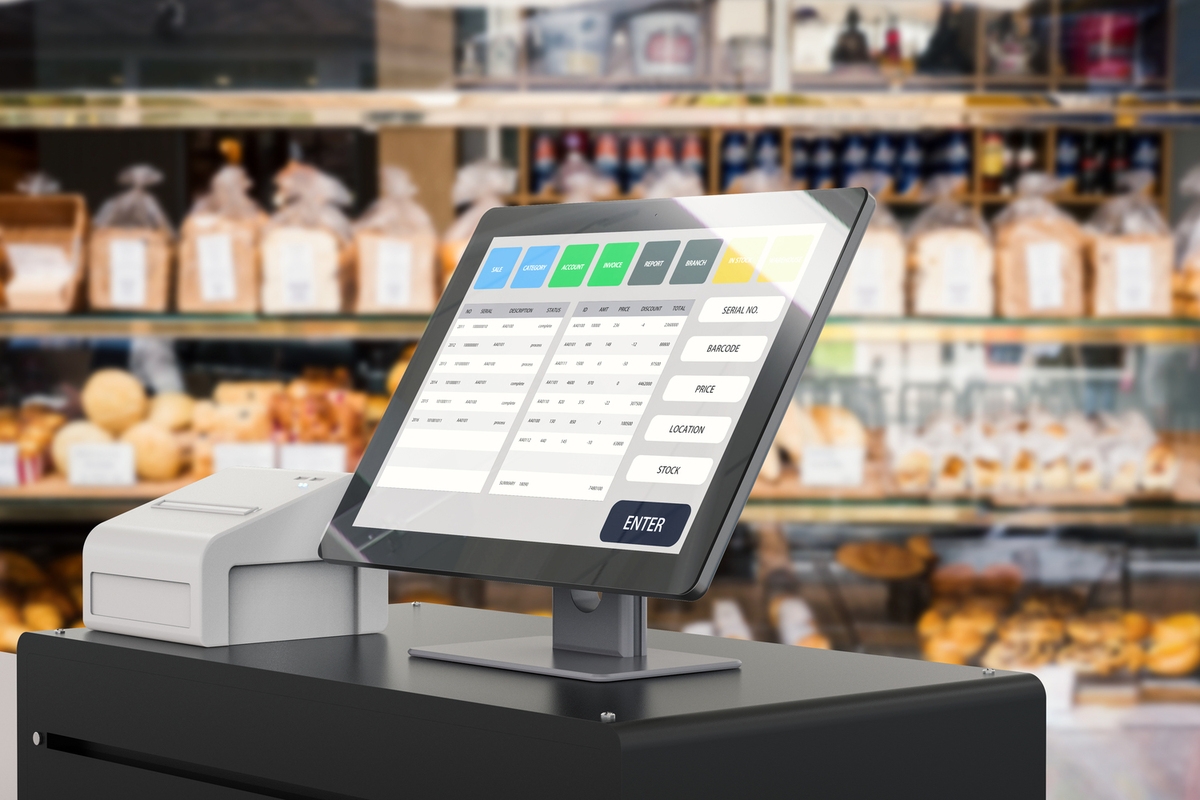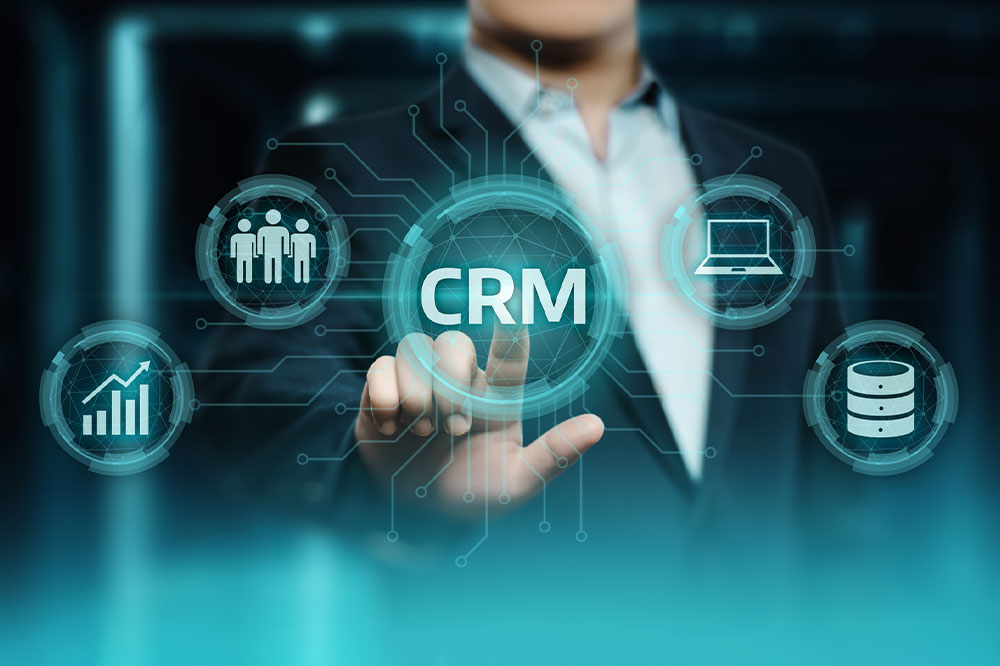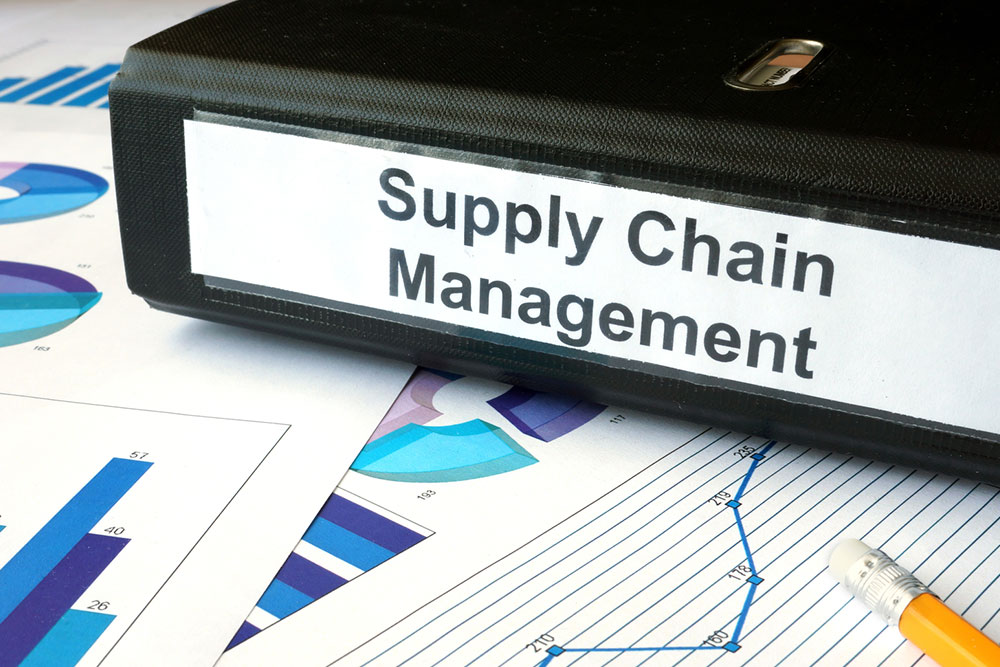Comprehensive Guide to Modern Retail Point of Sale (POS) Systems
This comprehensive guide explores modern retail POS systems, highlighting their core features, benefits, and critical considerations for choosing the right solution. Learn how these systems streamline sales, manage inventory, and enhance customer relationships to boost retail success and operational efficiency.

Comprehensive Overview of Modern Retail Point of Sale (POS) Systems
In the fast-evolving world of retail, having an efficient, reliable Point of Sale (POS) system is crucial for business success. These systems serve as the backbone of daily retail operations, seamlessly integrating sales transactions, inventory management, customer engagement, and data analytics. Choosing the right POS solution tailored to your retail store's unique needs can significantly improve operational efficiency, elevate customer experience, and ultimately boost profitability. This comprehensive guide delves into the essential features, benefits, and strategic considerations for selecting the perfect POS system for your retail business.
Understanding Retail POS Systems: Definition and Core Components
A retail POS system is an integrated hardware and software solution designed specifically to streamline in-store sales processes. It combines physical devices like barcode scanners, receipt printers, cash drawers, and payment terminals with software that manages sales, inventory, and customer data. Modern POS systems are often cloud-based, allowing for real-time data access and remote management, which makes them versatile and scalable for retail environments of all sizes.
The hardware components of a retail POS include devices such as barcode scanners, POS terminals, receipt printers, card payment readers, and cash drawers. On the software side, functions encompass sales processing, inventory control, customer relationship management (CRM), reporting, and integration with other business systems like accounting and e-commerce platforms. The synergy of these elements forms a seamless sales environment that enhances customer satisfaction and operational productivity.
Key Features of Modern Retail POS Systems
1. Efficient Sales Management
At the heart of any POS system is its ability to process transactions swiftly and accurately. Contemporary POS solutions support features such as barcode scanning for quicker checkout, automatic tax calculations, discounts, loyalty point redemptions, and multiple payment options including cash, credit/debit cards, mobile payments, and digital wallets. Many systems also facilitate mobile payments by integrating with smartphones and tablets, providing greater flexibility to staff and customers alike.
2. Robust Inventory Oversight
Effective inventory management is vital for maintaining optimal stock levels. Advanced POS systems enable real-time inventory tracking, automatic reorder alerts, and stock movement analysis. Retailers can generate purchase orders directly from the system, track stock across multiple locations, and avoid overstocking or stockouts through automated alerts. These features help in reducing waste, increasing sales opportunities, and maintaining a accurate view of stock availability.
3. Customer Data Handling and Relationship Management
Modern POS solutions incorporate built-in Customer Relationship Management (CRM) features. These tools store detailed customer profiles, including purchase history, preferences, and contact information. Such data allows retailers to personalize marketing campaigns, offer targeted promotions, and build stronger customer loyalty. Moreover, CRM functionalities facilitate follow-up communications and enhance the overall shopping experience, fostering repeat business and positive reviews.
4. Detailed Reporting and Data Analytics
Data-driven decision-making is integral to retail growth. The latest POS systems generate comprehensive reports on sales trends, profit margins, product performance, and employee productivity. Real-time dashboards provide instant insights, enabling managers to identify issues promptly and capitalize on emerging opportunities. These analytics also support inventory planning, staffing optimization, and strategic marketing initiatives.
5. Workforce Management Tools
Some POS platforms include features for staff scheduling, sales tracking by employee, and working hours management. This helps retail managers monitor staff performance, optimize labor costs, and ensure adequate coverage during peak hours. Workforce management tools streamline operations and improve staff accountability, contributing to smoother store operations.
6. System Compatibility and Seamless Integration
The best retail POS solutions are compatible with various third-party applications such as accounting software, e-commerce platforms, marketing tools, and loyalty programs. Seamless integration reduces manual data entry, minimizes errors, and ensures synchronized workflows across all retail functions. Cloud-based systems further enhance connectivity, allowing centralized management of multi-store operations from any location.
Benefits of Implementing a Modern POS System in Retail
1. Increased Operational Efficiency
Automation of transactions, inventory updates, and reporting accelerates daily operations, reduces human errors, and frees up staff to focus on customer service. Streamlined processes lead to quicker checkouts and improved staff productivity.
2. Enhanced Customer Experience
Fast, reliable checkouts, flexible payment options, and personalized interactions foster a pleasant shopping environment. Better service increases customer satisfaction and encourages repeat visits, reviews, and word-of-mouth referrals.
3. Accurate and Actionable Business Data
Real-time analytics empower retailers to monitor sales performance, understand customer preferences, and optimize inventory levels. Informed decision-making improves profitability and supports strategic growth initiatives.
4. Streamlined Business Operations
Integrating sales, inventory, accounting, and marketing into a single ecosystem simplifies management, reduces operational costs, and minimizes manual errors. This holistic approach facilitates efficient business scaling and adaptability to market changes.
Tips for Choosing the Optimal Retail POS System
1. Assess Your Business Size and Needs
Small retail stores may prefer simple, cost-effective solutions with basic features, while large chains require comprehensive systems with advanced inventory and multi-store management capabilities. Always align your choice with your current requirements and future growth plans.
2. Prioritize User-Friendly Interface
An intuitive and easy-to-navigate interface reduces training time for staff, minimizes mistakes, and boosts overall productivity. Look for systems with straightforward setup and minimal ongoing training requirements.
3. Scalability and Flexibility
Select a POS solution that can easily scale as your business expands. Modular systems allowing additional features and integrations help future-proof your investment.
4. Reliable Customer Support and Vendor Reputation
Don’t compromise on support quality. Choose vendors with established reputations, responsive support channels, and comprehensive training resources to resolve technical issues swiftly.
5. Consider Budget and Total Cost of Ownership
Balance initial hardware and software costs with long-term expenses such as licensing fees, maintenance, and upgrades. Opt for systems that deliver maximum value without exceeding your financial capabilities.
6. Emphasize Security Features
Security should never be overlooked. Ensure the POS system complies with PCI DSS standards, employs encryption for payment and customer data, and receives regular security updates to protect sensitive information from cyber threats.
In conclusion, modern retail POS systems have revolutionized the retail landscape by integrating critical business functions into a single, efficient platform. By understanding their core features and benefits, and carefully selecting a system aligned with your business needs, you can significantly improve operational efficiency, enhance customer satisfaction, and drive sustainable growth. Investing in a reliable POS solution is a strategic step toward achieving retail excellence in a competitive marketplace.





